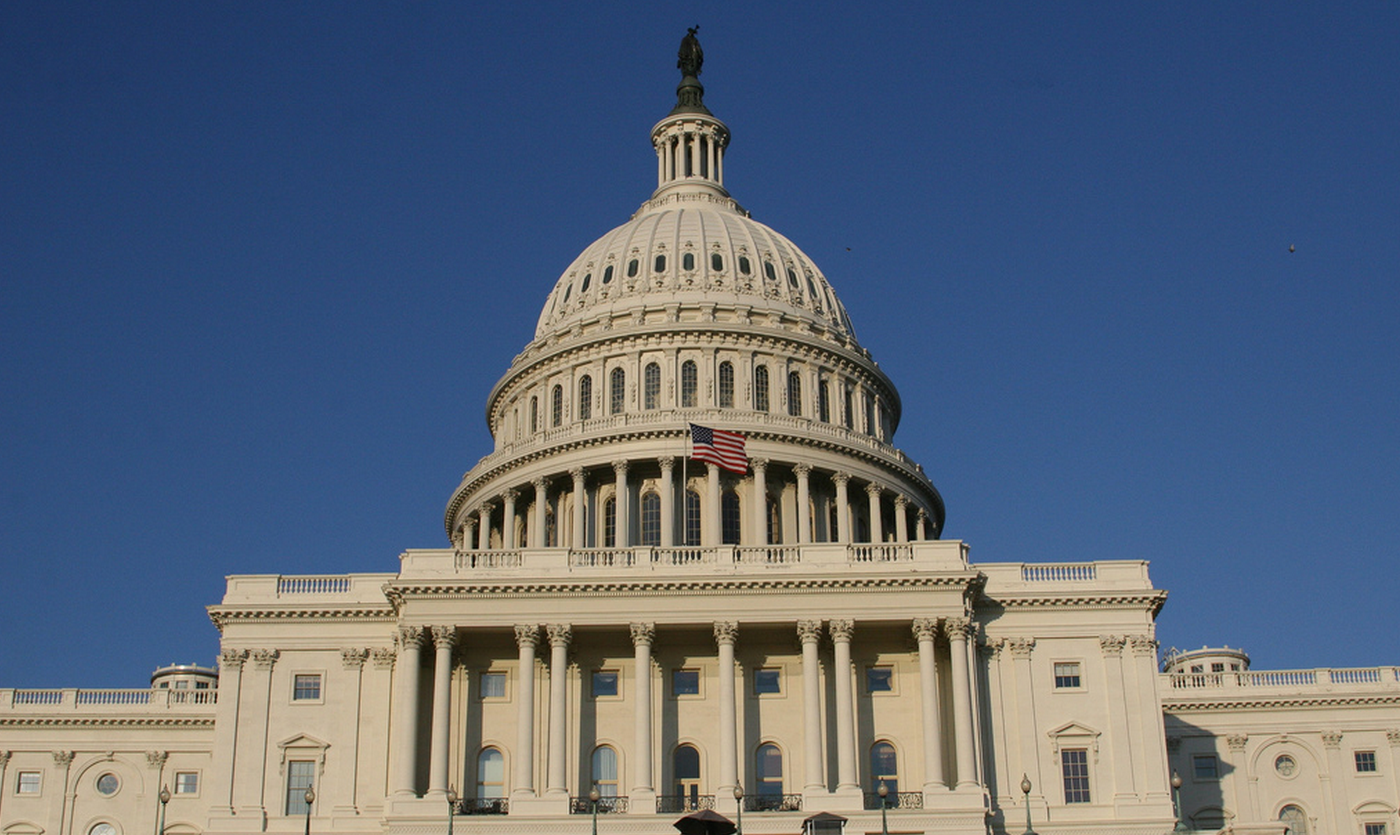Last fall, Congress passed — and the President signed — an emergency budget bill that opened up a loophole that allows federal agencies, and private companies working on the government’s behalf, to make debt collection robocalls. However, a recently released ruling from the Federal Communications Commissions makes it clear that the entire U.S. government is exempt from rules limiting the use of robocalls to American consumers, so long at it involves government business. [More]
debt collection
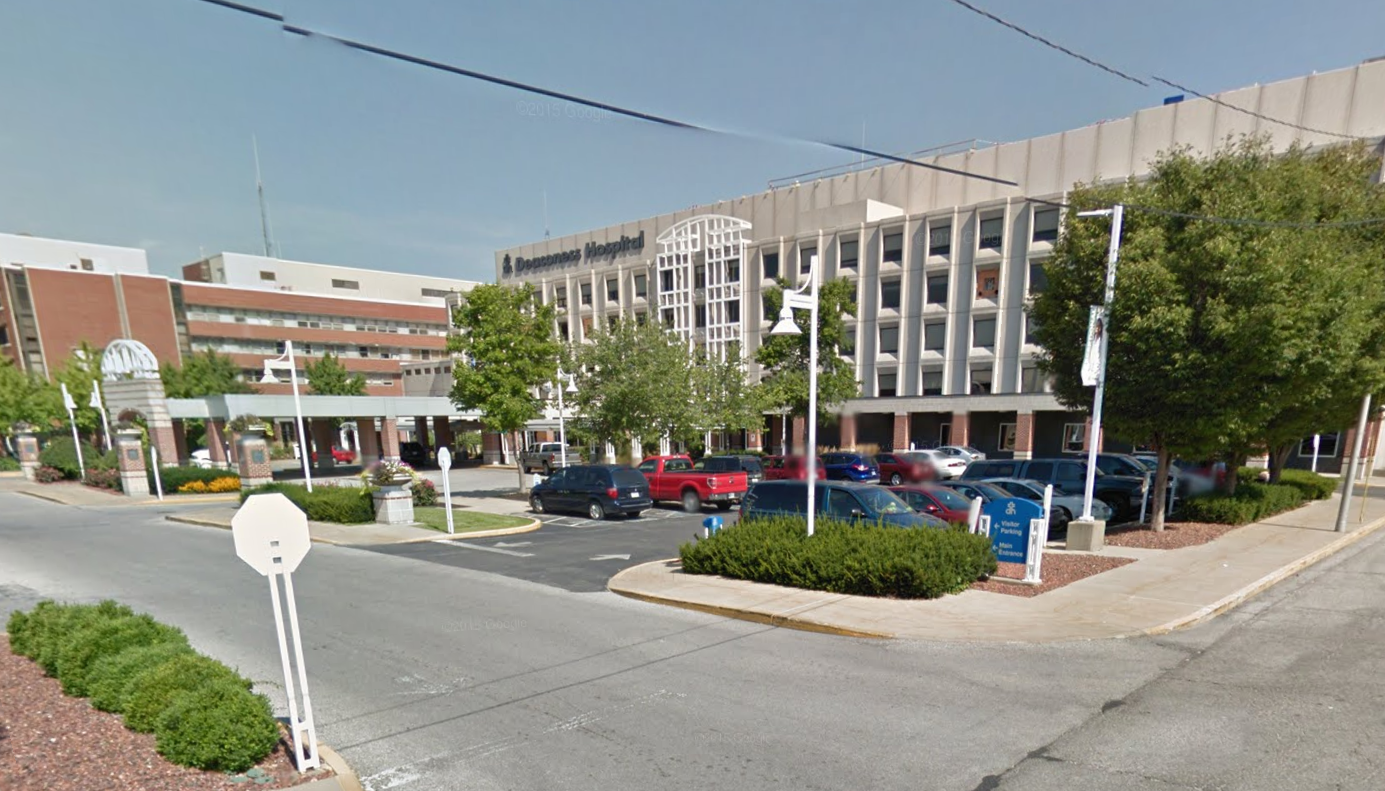
Nonprofit Hospitals Suing Poor Patients Without Telling Them They Qualify For Reduced Or Free Care
Given that nonprofit hospitals are tax-exempt, the general view is that their primary focus should be on providing care for those who need it rather than making using the court system to make those patients pay up. Almost all of these hospitals have programs to reduce bills for people living below or near the poverty line, but some are suing poor patients without ever telling them about these options. [More]

Here’s How To Tell The FCC How You Feel About New Debt Collection Robocall Loophole
Now that the government has carved out a loophole allowing it to place automated and/or pre-recorded robocalls to consumers to collect any debts owed to the federal government, the FCC is trying to come up with robocall rules that aren’t entirely awful. Consumers have a short window of time to chime in on these rules, so here’s how to share your feelings with the FCC. [More]
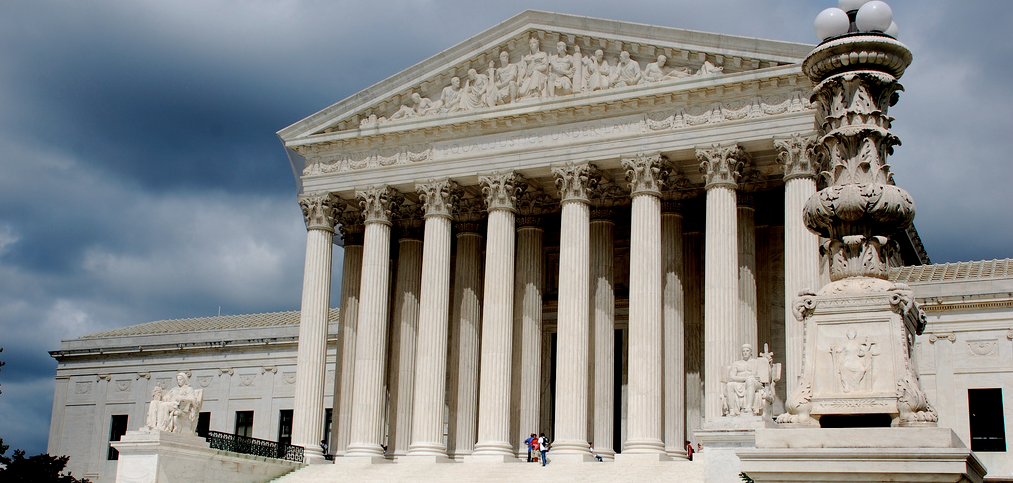
Supreme Court OKs Private Debt Collectors’ Use Of Prosecutors’ Letterhead To Make People Pay
What’s more likely to get you to pay a questionable debt: A notice from some debt collection company you’ve never heard of, or a letter from your state’s attorney general about that same debt? Some states allow certain private, for-profit debt collectors to use prosecutors’ letterhead in correspondence with consumers about debts, even though the American Bar Association looks down on the practice. This morning, the U.S. Supreme Court chimed in on the debate, unanimously giving its SCOTUS seal of approval, at least when it’s done with the state’s approval. [More]

FCC Trying To Minimize Annoyances From New Robocall Debt Collection Loophole
Last fall, a rider to a must-pass federal budget bill kicked down the barricade that has prevented government debt collectors from annoying hundreds of millions of consumers with auto-dialed, pre-recorded robocalls. Lawmakers hate the bill, but they won’t consider any legislation to close the loophole. The White House’s own analysis of the loophole shows that it won’t really bring in any more money, and could actually be a revenue loser, but the administration isn’t doing anything to roll back the changes. Attorneys general hate it too, but they enforce laws instead of writing them. With an August deadline looming, the Federal Communications Commission has no choice but to move forward with making the loophole as palatable as possible. [More]

7 Things To Know About Why So Many Debt Collection Lawsuits Are Filed In Nebraska
When a debt collector decides to file a lawsuit against an alleged debtor, that decision might have more to do with where the defendant lives than with how much they allegedly owe. [More]

Justice Department Advises Against Throwing Poor People In Jail For Not Paying Fines
While debtor prisons have long been outlawed, failure to pay a court-ordered fine or fee can get you locked up. But in a letter sent yesterday to state court administrators, the Department of Justice advises against using the penal system as a way to collect debts. [More]

Student Loan Companies Tell Congress: Debt-Collection Robocalls Are In Borrowers’ Best Interest
Show me someone who supports robocalls, and I’ll show you someone that has very few friends. Which is why it’s baffling that the Senate has yet to act on a bill introduced last fall that would close a loophole allowing the government to make debt-collection robocalls. But you know who does support robocalls? The student loan companies that are currently trying to convince Congress that these invasive annoyances are really for our benefit. [More]
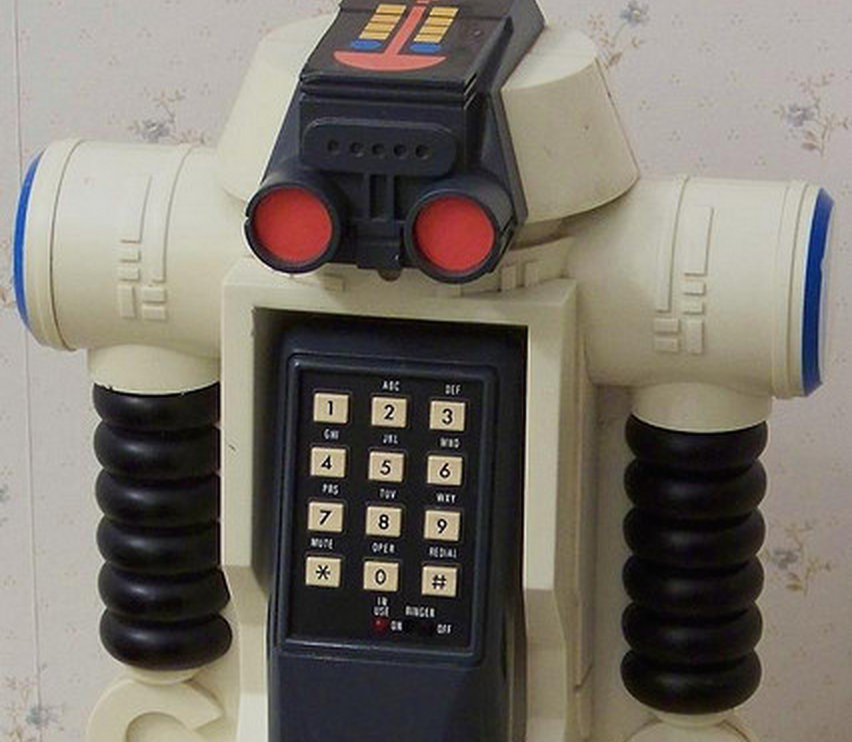
Lawmakers Renew Push To Curb Unwanted Robocalls
In the last few days, legislators in both the House and Senate have once again pushed the issue of nuisance pre-recorded, auto-dialed robocalls back into the spotlight — urging telecom providers to give customers more tools for blocking these calls, and trying to roll back the government’s ability to abuse robocalls for its own debt-collection purposes. [More]

Citibank Caught Screwing Up Credit Card Debt Collections, Must Refund $5M
If you had a hunch that Citibank’s credit card division wasn’t terribly good at its job, you were right. Citi sold credit card debt to buyers with inflated interest rates, failed to tell those debt buyers when it accepted payments on these cards after the debt had been sold. [More]

25 Attorneys General Agree: Close Government’s Robocall Debt-Collection Loophole
Last fall, with a government shutdown looming, Congress passed an emergency spending bill that also included a lovely little loophole giving the federal government the authority to make obnoxious, pre-recorded and/or autodialed debt-collection robocalls. Some lawmakers quickly introduced legislation intended to correct that anti-consumer move, but it’s been stuck in committee since. This week, attorneys general from two dozen states and District of Columbia called on the Senate to finally consider this legislation. [More]

West Virginia Woman Sues Wells Fargo Over Alleged Home Loan Modification Misrepresentations
When you’re going through the often-tedious process of refinancing your mortgage, getting some bad information can only serve to make things worse. That’s why a West Virginia woman is suing Wells Fargo, alleging that the bank told her to stop making loan payments then put her into collections and foreclosure.
[More]

Debt Collectors Can Sue You, But Court Might Not Let You Sue Debt Collector Back
A new report claims that a growing number of debt collectors are trying to exploit a legal loophole that allows them to bring potentially frivolous lawsuits against alleged debtors, but bars those defendants from bringing their own legal action against the debt collector. [More]
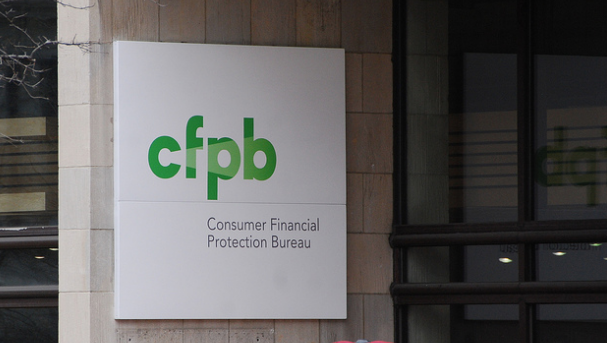
Debt Collector Must Pay $2.5M In Refunds, Penalties For Illegally Collecting Consumers’ Old AT&T Debt
Federal regulators continued their fight against unscrupulous debt collectors today, ordering a Massachusetts organization to pay $2.5 million in refunds and penalties for illegally collecting unverified debt and providing inaccurate information to national credit reporting agencies. [More]


